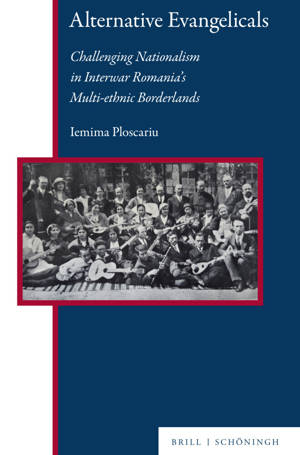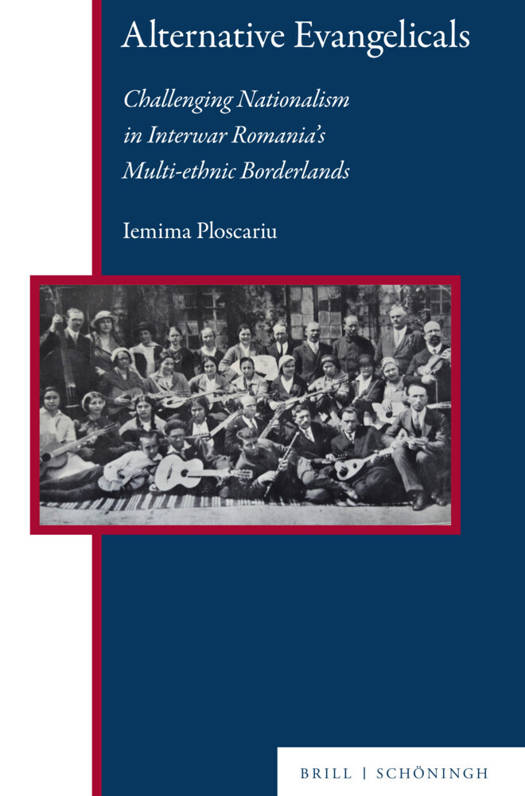
- Retrait gratuit dans votre magasin Club
- 7.000.000 titres dans notre catalogue
- Payer en toute sécurité
- Toujours un magasin près de chez vous
- Retrait gratuit dans votre magasin Club
- 7.000.0000 titres dans notre catalogue
- Payer en toute sécurité
- Toujours un magasin près de chez vous
Description
Evangelicals in interwar Romania were a vibrant mix of ethnicities, languages, and social statuses. Jews, Roma, Germans, Hungarians, Serbs, Ukrainians, and Russians sang, prayed, and preached in their native languages. Romanian statesmen perceived them as a danger for the construction of a strong post-WWI national identity. The lived religion of interwar Romanian evangelicals and their struggle through music for legitimacy demonstrates the close ties between national self-understanding and religion. The diverse groups of Romanian evangelicals reveal how minorities in 20th century Europe challenged established religious concepts and constructed their new identities. "Finally a book on Romanian history that unpacks the day to day experiences of ordinary people and how they built churches and communities. Ploscariu tells her stories through the voices and experiences of individuals from ethnic and religious minorities, showing us how they saw their world, not just what the authorities thought about them. This book complicates Romanian religious history in wonderful and surprising ways. It will be the definitive work on the subject for many years to come."Roland Clark, University of LiverpoolAuthor of Sectarianism and Renewal in 1920s Romania"Drawing on a diverse range of often untapped sources, Iemima Ploscariu's exploration of the history of evangelicals in interwar Romania brings vividly to life the experiences of a multiethnic community defined by their faith. She explores how, through their everyday practices - most notably their active musical life - these groups both contested the homogenizing nationalization policies of the Romanian state and carved out a place for themselves in Romanian society. This book contributes significantly to our understanding of the social and religious history of interwar Romania and to the transnational evangelical expansion of the era."Heather Coleman, University of AlbertaAuthor of Russian Baptists and Spiritual Revolution, 1905-1929 "Here is a masterful reconstruction of the everyday life of evangelical communities in interwar Romania and their members' intricate personal relationships. This excellent study is a must-read for any scholar of nationalism who wants to understand how diverse religious and ethnic minorities struggled and thrived in a nationalising European state."Maria Falina, Utrecht UniversityAuthor of Religion and Politics in Interwar Yugoslavia.
Spécifications
Parties prenantes
- Auteur(s) :
- Editeur:
Contenu
- Nombre de pages :
- 221
- Langue:
- Anglais
- Collection :
- Tome:
- n° 14
Caractéristiques
- EAN:
- 9783506796684
- Date de parution :
- 07-10-24
- Format:
- Livre relié
- Format numérique:
- Genaaid
- Dimensions :
- 160 mm x 18 mm
- Poids :
- 1347 g

Les avis
Nous publions uniquement les avis qui respectent les conditions requises. Consultez nos conditions pour les avis.






